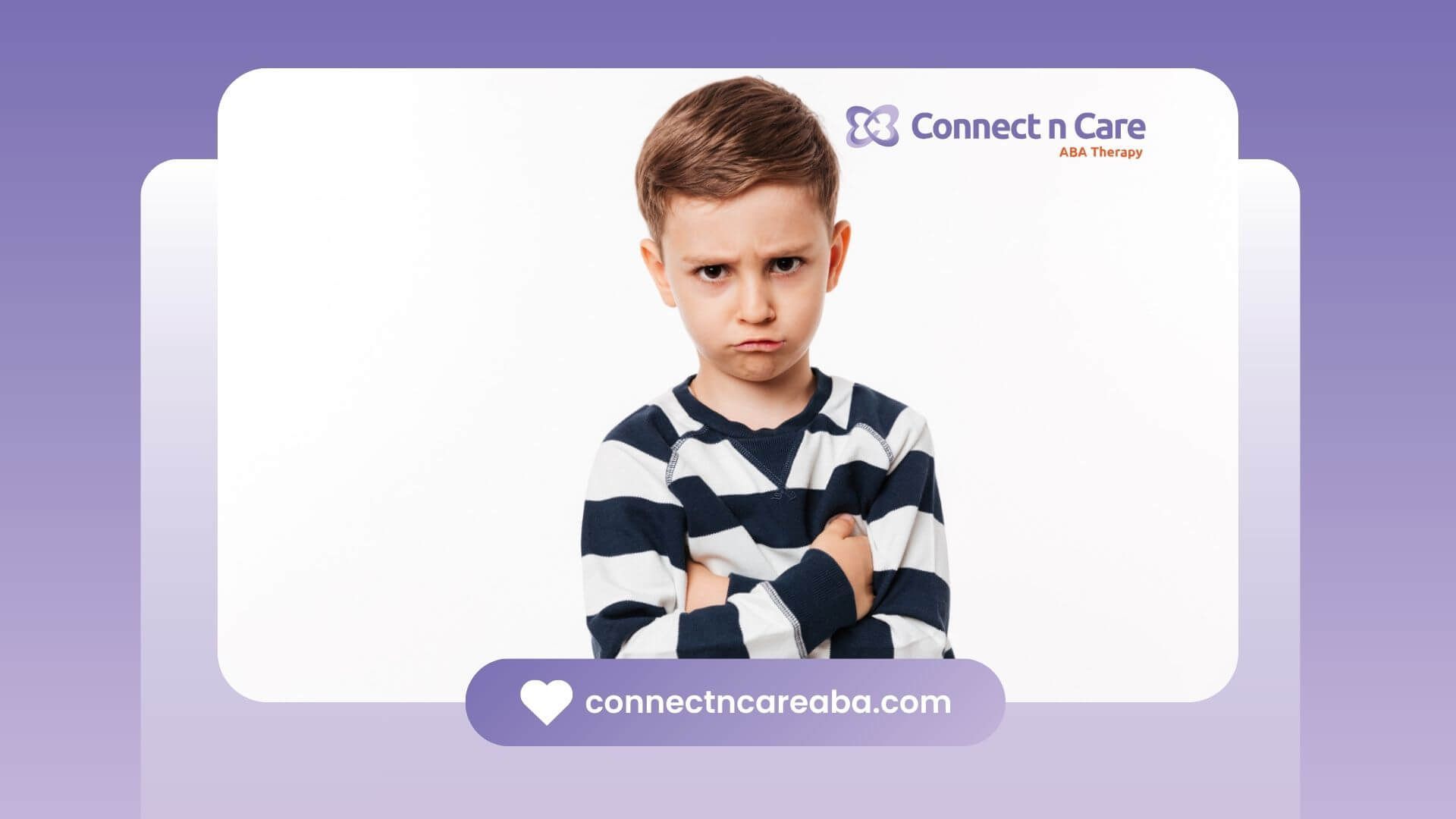The INFP personality type—often described as idealistic, introspective, and empathetic—is one of the rarest according to the Myers-Briggs Type Indicator (MBTI). People with this personality type tend to be deeply thoughtful, sensitive to the emotions of others, and driven by a strong sense of inner values. They often seek meaningful connections, yet may find social settings overwhelming or confusing.
Because of these characteristics, some people wonder: Are INFPs autistic?
This question has sparked many online conversations and even led to confusion between personality traits and neurodevelopmental differences. While there are some overlapping characteristics between INFP traits and autism spectrum disorder (ASD), they are not the same. One is a personality profile based on preferences and tendencies; the other is a neurological condition that affects how people perceive the world and interact with others.
In this blog, we’ll explore:
- What it means to be an INFP
- What autism is and how it presents
- Similarities and differences between INFPs and autistic individuals
- Why the confusion exists
- When to seek a professional opinion
Let’s take a deeper look.
What Is an INFP?
INFP stands for Introverted, Intuitive, Feeling, and Perceiving—one of 16 personality types identified by the MBTI framework. INFPs are often referred to as “Mediators” or “Idealists.”
Key Traits of INFPs:
- Introverted: Prefer solitude or one-on-one interactions over large social gatherings
- Intuitive: Focus on abstract ideas and future possibilities rather than concrete facts
- Feeling: Make decisions based on personal values and empathy
- Perceiving: Flexible, spontaneous, and open-ended in their planning and routines
INFPs are deeply imaginative and driven by a need to make the world a better place. They are often artists, writers, counselors, or advocates. At the same time, many INFPs describe themselves as misunderstood, socially awkward, or emotionally intense—traits that sometimes overlap with those associated with autism.
What Is Autism?
Autism Spectrum Disorder (ASD) is a neurodevelopmental condition that affects social communication, behavior, and sensory processing. It’s called a “spectrum” because it presents differently in every individual—some have significant support needs, while others are highly independent.
Core Characteristics of Autism:
- Social communication challenges: Difficulty interpreting facial expressions, body language, or tone; struggles with back-and-forth conversation
- Repetitive behaviors: Engaging in repetitive movements, speech, or activities
- Intense interests: Highly focused areas of interest or hobbies
- Sensory sensitivities: Over- or under-reactivity to sounds, lights, textures, or smells
- Need for routine: Discomfort with changes in schedule or unpredictability
It’s important to note that autism is a neurological difference, not a personality type. Diagnosis typically requires evaluation by a specialist and is based on behavioral observations and developmental history.
Overlapping Traits Between INFPs and Autism
There are several areas where INFP traits and autism characteristics may appear similar on the surface. Let’s explore those overlaps:
1. Introversion vs. Social Communication Differences
- INFPs: Prefer small gatherings, need time alone to recharge, may feel awkward in large social settings
- Autistic individuals: May struggle to understand social cues, maintain eye contact, or initiate conversation
While both may seem “quiet” or socially withdrawn, the reasons are different. INFPs usually understand social dynamics but may feel drained by them. In contrast, autistic individuals may find social interactions confusing or overwhelming due to neurological processing differences.
2. Strong Inner Worlds and Intense Interests
- INFPs: Have vivid imaginations and deep personal values
- Autistic individuals: May develop deep, specific interests that they focus on intensely
Both groups might appear highly passionate or “obsessed” with certain topics. But INFP interests are usually driven by emotional meaning and personal identity, whereas autistic interests may serve as a source of comfort, structure, or stimulation.
3. Emotional Sensitivity and Empathy
- INFPs: Known for deep emotional insight and empathy toward others
- Autistic individuals: Often misunderstood in terms of empathy—many have emotional empathy but struggle with cognitive empathy (reading others’ emotions)
This difference is subtle but significant. INFPs tend to be intuitive about others’ feelings, while some autistic individuals may care deeply but not instinctively understand social or emotional signals.
4. Discomfort with Change
- INFPs: May resist change due to emotional attachments or fear of conflict
- Autistic individuals: Often experience literal distress from sudden changes in routine due to sensory overload or cognitive rigidity
Again, the outward behavior may look similar, but the underlying cause is different.
Key Differences Between INFPs and Autistic People
While overlaps exist, here are some critical differences that set the two apart:
| Feature | INFP | Autism |
|---|---|---|
| Origin | Personality type (MBTI framework) | Neurodevelopmental condition |
| Social Skills | Often aware, but may be shy | May not intuitively understand cues |
| Communication style | Emotionally expressive | May be literal, monotone, or rigid |
| Need for routine | Prefers flexibility | Often needs strict routine |
| Sensory processing | Typically within normal range | Often experiences sensory sensitivities |
| Diagnosis required? | No | Yes, by medical or psychological expert |
Why the Confusion?
There are a few reasons why people often wonder if INFPs are autistic or vice versa:
1. Online Communities and Self-Discovery
Many INFPs and autistic individuals turn to online forums for self-understanding. Since both groups can feel “different” or “misunderstood,” they often find common ground in these spaces.
2. Increased Awareness of Autism
With more media coverage and social discussions about neurodiversity, people are more curious about whether their own quirks or traits might indicate autism.
3. Misuse of Labels
Sometimes people use “autistic” as a shorthand for “introverted” or “socially awkward,” which can reinforce misunderstandings.
When to Seek a Professional Evaluation
If you’re an INFP who resonates deeply with autism traits—especially the ones related to sensory sensitivities, social confusion, or rigid routines—it might be worth speaking with a mental health professional or psychologist.
A formal autism diagnosis can:
- Help you understand yourself better
- Provide access to support or accommodations
- Validate your life experiences
Self-awareness is a wonderful tool, but professional evaluation is the only way to confirm whether you're on the autism spectrum.
Embracing Neurodiversity and Personality
Whether you’re an INFP, autistic, or both (yes, it’s possible!), it’s important to recognize and celebrate your unique way of experiencing the world. Having traits that align with autism doesn’t mean you are autistic, but it does suggest that your brain might process things a little differently—and that’s okay.
You don’t have to fit into a box to be worthy of support, understanding, or community.
If you’re seeking clarity on your traits or need help understanding how they impact your life, connecting with professionals who specialize in autism assessment and therapy can offer valuable insights and guidance. That’s where Connect n Care can help. Our experienced team provides compassionate autism evaluations and ABA therapy services to help individuals of all ages navigate their unique journeys with confidence.
Frequently Asked Questions
Can someone be both INFP and autistic?
Yes, it’s possible. Being an INFP describes your personality preferences, while autism refers to neurological differences. They can coexist, and some individuals identify with both frameworks.
Is being socially awkward a sign of autism?
Not necessarily. Social awkwardness can come from many factors, including personality type, anxiety, or lack of social experience. Autism involves more complex social communication challenges that usually begin in early childhood.
How do I know if I'm just introverted or actually autistic?
Introversion is a preference for solitude and reflection, while autism involves differences in communication, sensory processing, and behavior. If you suspect autism, a professional evaluation is the best way to gain clarity.
Sources:
- https://www.autism.org.uk/advice-and-guidance/topics/sensory-differences/sensory-differences/all-audiences
- https://www.autismparentingmagazine.com/passionate-expressive-dramatic/
- https://pubmed.ncbi.nlm.nih.gov/36802826/
- https://pubmed.ncbi.nlm.nih.gov/33153301/
- https://www.autism.org.uk/advice-and-guidance/topics/behaviour/dealing-with-change/all-audiences









